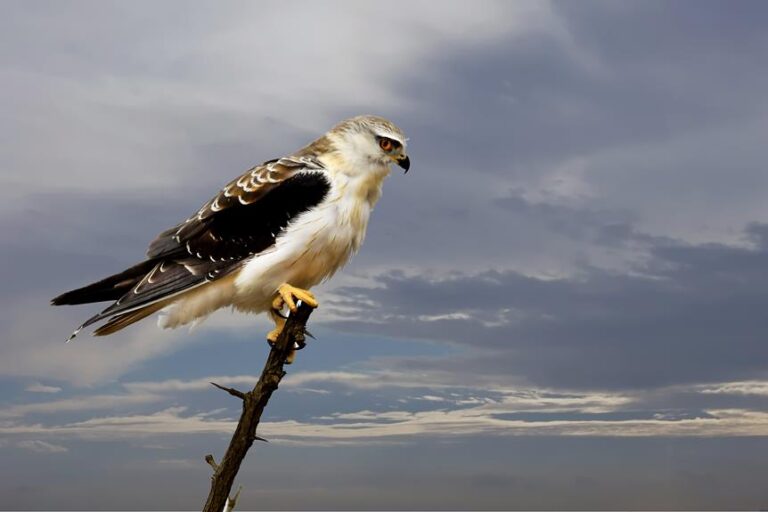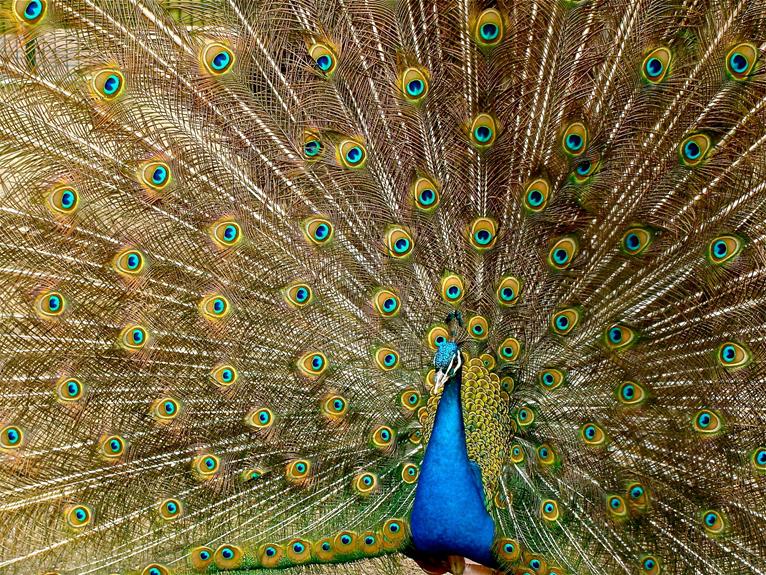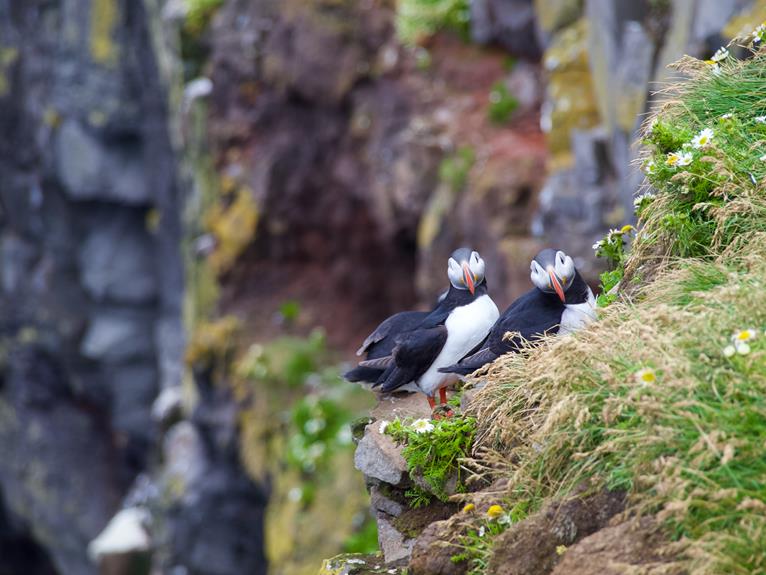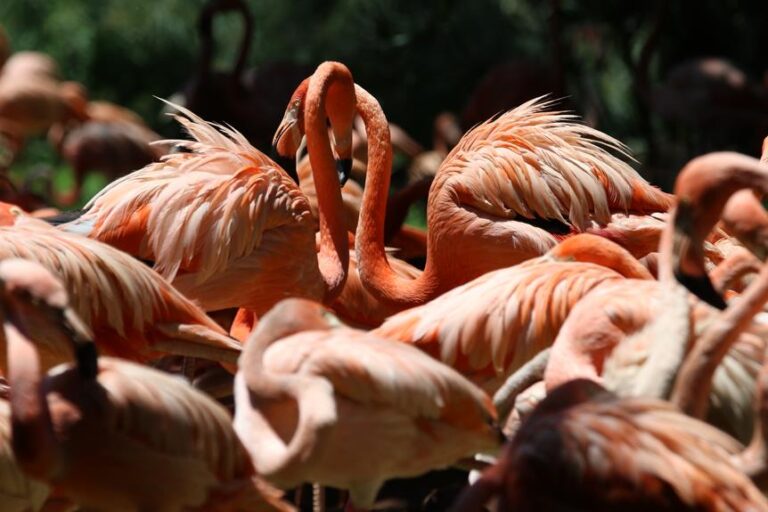For many years, wild bird eggs have held a significant place in global culinary practices. But what does it entail to consume these wild bird eggs? What’s the nutritional value they bring to the table? What’s their environmental impact? Are there legal aspects to consider?
Contents
Key Takeaways
- Eating wild bird eggs can be a source of valuable nutrients and has been a part of human food history. However, before you decide to try this, certain factors must be considered.
- It’s essential to respect our natural world, follow cultural norms, and abide by relevant laws. So, should we consider consuming wild bird eggs?
- We need to carefully assess the nutritional value, cultural acceptance, environmental implications, and legalities to arrive at a well-informed decision.
Diversity of Wild Bird Eggs
The variation in wild bird eggs is undeniably fascinating. The vibrant blues and greens of a robin’s egg contrast sharply with the dotted browns of a quail’s egg, displaying a broad spectrum of colors, forms, and dimensions.
Each bird species imprints its unique mark on its eggs, making them a canvas for nature’s artistry and the wonders of bird biology. This variation underscores the intricate splendor of the natural world, deserving of our admiration.
As nutritious as bird eggs can be, we must be aware of the environmental implications of their consumption. As the saying goes, ‘Nature is not a place to visit, it’s our home.’ Hence, we must treat it with respect.
Nutritional Value
Wild bird eggs pack a significant nutritional punch, brimming with a variety of essential proteins, vitamins, and minerals.
When it comes to their nutrient profile, these eggs bear a resemblance to the eggs laid by domestic chickens. They are a significant source of proteins and are abundant in vitamins A, D, and E, along with minerals like calcium, phosphorus, and zinc.
| Nutrient | Content |
|---|---|
| Protein | High |
| Vitamin A | High |
| Vitamin D | High |
| Vitamin E | High |
| Calcium | High |
| Phosphorus | High |
| Zinc | High |
The nutritional significance of wild bird eggs often goes unnoticed, but it’s worth recognizing when assessing their viability as a food source. These eggs aren’t just packed with beneficial nutrients, but they also serve a larger purpose in supporting wild bird populations and maintaining ecological balance.
Gaining an understanding of their nutrient content and the cultural importance of consuming wild bird eggs is fundamental to making well-versed choices about their harvest and use.
As food enthusiast Julia Child aptly said, “The only real stumbling block is fear of failure. In cooking, you’ve got to have a what-the-hell attitude.” So, don’t be afraid to try something new like wild bird eggs. Their nutritional value might just surprise you.
Cultural Significance
Historically, the eggs of wild birds have held a special place in the culinary art of diverse cultures, from Indigenous Australians to Native Americans. A closer look at these practices offers a unique perspective into the historical context of why wild bird eggs have been a part of their traditional recipes.
Much like the common chicken eggs, wild bird eggs also provide a valuable source of proteins, vitamins, and minerals. However, the nutrient composition might differ from one bird species to another, showing that they can be a significant source of food security.
Appreciating the nutritional benefits of these eggs broadens our comprehension of their value.
Wild birds are vital to maintaining balanced ecosystems, and their egg consumption can potentially disturb this delicate balance.
Being aware of the ecological importance of wild bird eggs is beneficial in making informed decisions about their collection and consumption.
It’s also worth noting that the legal restrictions and guidelines related to wild bird eggs differ from one country to another. Therefore, safety measures need to be implemented to reduce any health risks.
When we discuss the possibility of consuming wild bird eggs, we must consider their cultural significance, nutritional benefits, and ecological consequences.
As the old adage goes, ‘We do not inherit the earth from our ancestors; we borrow it from our children.’ Therefore, it’s our responsibility to make informed and sustainable choices.
Ecological Impact
The balance of nature hinges considerably on the ecological consequences of consuming wild bird eggs.
Wild birds serve as an integral part of our environment, with their eggs acting as a linchpin for their species’ survival. The uncontrolled intake of these eggs can strain the natural harmony of our ecosystems:
- Collecting wild bird eggs without checks and balances can interfere with the regular migratory cycles of birds.
- Over-collecting eggs from the wild could lead to a dip in bird numbers.
- Excessive egg consumption can meddle with the natural order of food chains.
Hence, it’s necessary to consider the ecological significance of these eggs and treat the welfare of birds with care when consuming wild bird eggs. Initiatives for conservation are required to safeguard the continuity of wild bird species and their eggs.
As an eloquent naturalist once said, ‘Birds are indicators of the environment. If they are in trouble, we know we’ll soon be in trouble.’ Let’s ensure we heed this warning and strive for a balanced ecosystem.
Legalities and Safety
Pondering the environmental implications of eating wild bird eggs? It’s essential to understand both the legal aspects and safety measures.
Laws and regulations govern the collection and consumption of wild bird eggs in many nations. Factors such as protected species, migration routes, and conservation initiatives play a significant role in shaping these laws.
Thus, it’s beneficial to familiarize ourselves with these regulations to ensure we’re acting responsibly and within the law.
Another aspect to consider is the potential safety hazards associated with the consumption of wild bird eggs. Adhering to safety guidelines and precautions helps to reduce these risks.
To make the legal and safety aspects of wild bird eggs more digestible, we’ve compiled a table summarizing the main points:
| Legal Aspects | Safety Measures |
|---|---|
| Investigate local laws | Adhere to safety protocols |
| Honor protected species | Minimize health hazards |
| Comprehend conservation actions | Consider the environmental impact |
| Get to know the laws |
Conclusion
Consuming wild bird eggs can offer precious nutrients and has been a part of our culinary history for a long time. Yet, when deciding whether to partake, there are a few key considerations to bear in mind.
Protecting the environment, observing societal norms, and staying within legal boundaries are all paramount. So, is eating wild bird eggs a risk worth taking?
A thorough analysis of the nutritional benefits, societal norms, environmental impact, and legal aspects will guide you to an informed decision.






